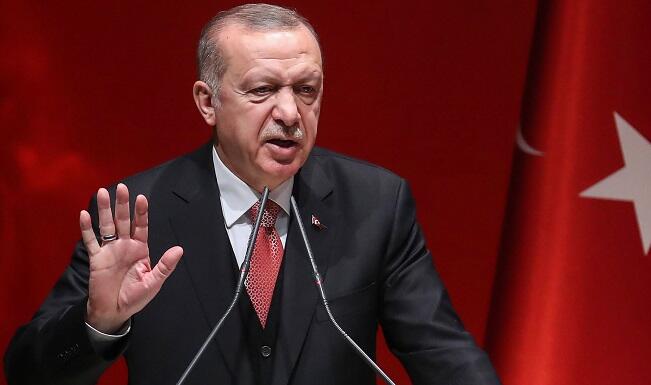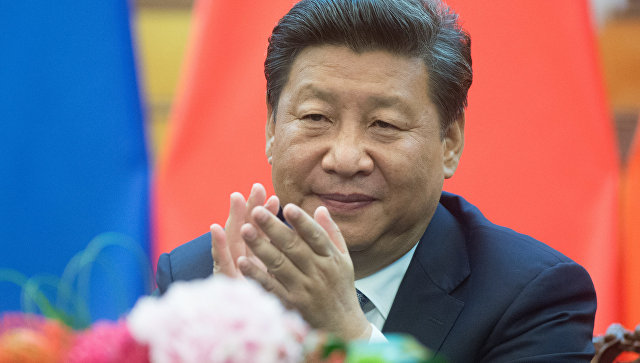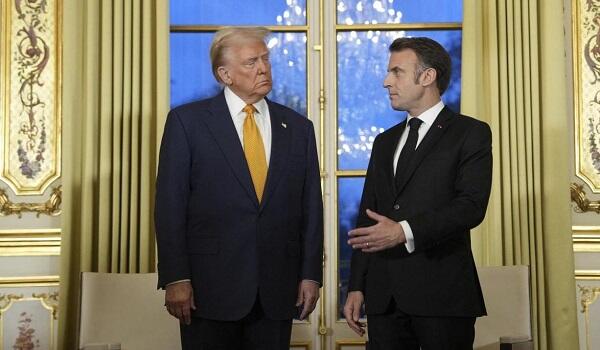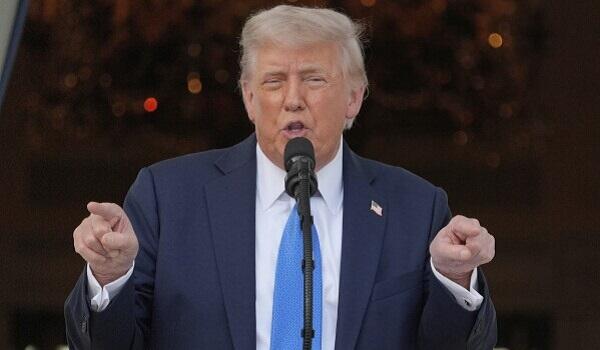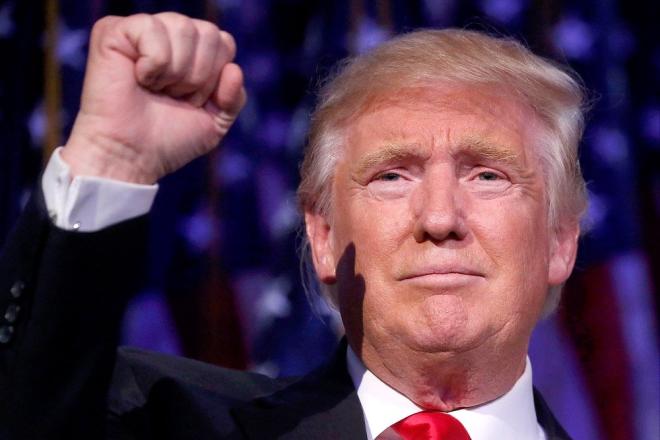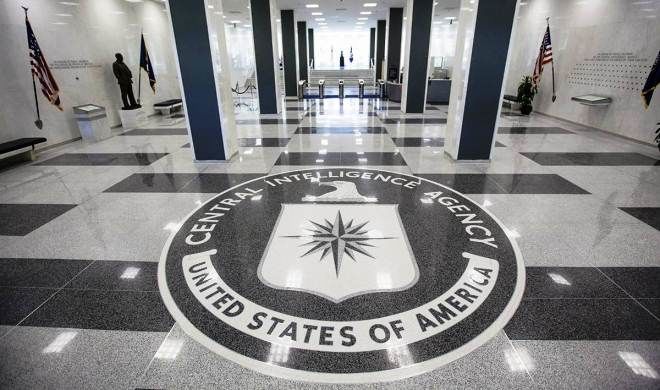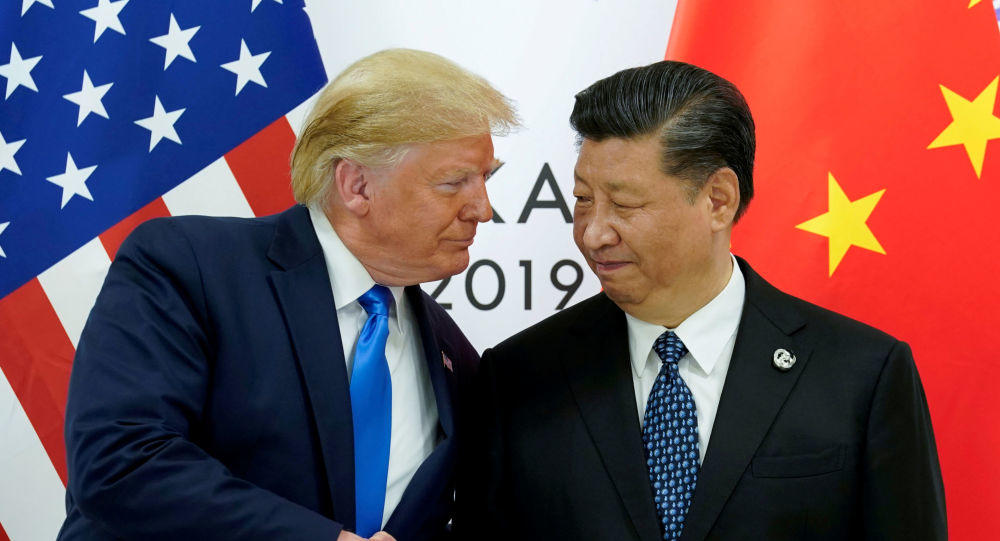Axar.az reports that in an article published on Jan. 7, 2025, in Foreign Affairs, Charina Chou, James Manyika, and Hartmut Neven discuss how the next computing revolution will transform the global economy and upend national security.
Quantum computing, once a purely theoretical concept, is rapidly evolving into a transformative technology with the potential to revolutionize the global economy and reshape national security. Unlike classical computers that process information in binary bits (0s and 1s), quantum computers use qubits, which can exist in multiple states simultaneously through a phenomenon known as superposition. This allows quantum systems to perform complex calculations at speeds unimaginable for classical computers, enabling breakthroughs in areas like cryptography, pharmaceuticals, energy, and materials science.
The global race to dominate quantum technology is intensifying, with countries investing heavily to secure strategic advantages. The United States launched the National Quantum Initiative in 2018, allocating $3.7 billion in unclassified funding and additional resources for defense-related research. In 2024, the U.S. established the Quantum Development Group to coordinate international efforts. Meanwhile, China has emerged as a formidable competitor, committing $15.3 billion over five years and prioritizing quantum advancements as a national objective since 2016. International collaborations, such as AUKUS, the Quad, and the U.S.-EU Trade and Technology Council, reflect the geopolitical importance of quantum leadership.
While much attention has focused on quantum computing’s potential to break encryption—posing risks to global cybersecurity—the technology’s applications extend far beyond code-breaking. Quantum computers could revolutionize industries by optimizing supply chains, enhancing machine learning, and accelerating drug discovery. For example, they could help develop more efficient fertilizers by unraveling complex chemical processes or design advanced pharmaceuticals through precise molecular simulations. Additionally, quantum systems could play a critical role in advancing sustainable energy solutions, such as improving battery technologies and enabling nuclear fusion research.
Despite its promise, quantum computing faces significant technical challenges. Building large, stable quantum processors requires overcoming issues like qubit errors and environmental sensitivity. Companies like Google, IBM, and China’s University of Science and Technology have made progress, with Google’s latest quantum processor, Willow, achieving performance milestones far beyond classical supercomputers. However, experts predict that practical quantum applications, such as code-breaking, may not be feasible until the late 2030s, given the need for millions of qubits and advanced error correction.
As the quantum race accelerates, the United States and its allies must invest in talent development, international collaboration, and resilient supply chains to maintain their competitive edge. Quantum advancements rely on specialized expertise and global partnerships, with components sourced from countries like France, Germany, Japan, and Israel. To foster innovation, initiatives like DARPA’s Quantum Benchmarking program and the XPRIZE Quantum Applications competition aim to expand the ecosystem of quantum researchers, developers, and policymakers.
Ultimately, quantum computing holds immense potential to drive scientific discovery, economic growth, and technological leadership. However, it also presents new risks, including threats to cybersecurity, potential misuse for malicious purposes, and challenges to global stability. To harness quantum technology’s benefits while mitigating its dangers, democratic nations must lead in both development and governance, ensuring that this powerful tool is used to advance human progress rather than exacerbate geopolitical tensions.
